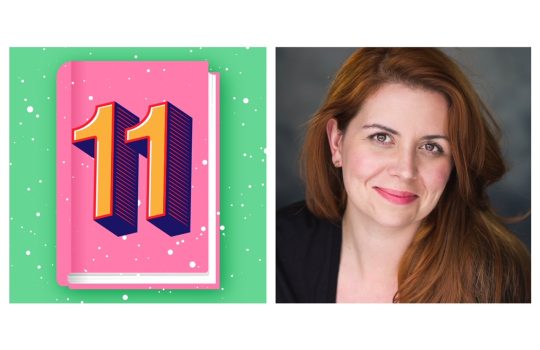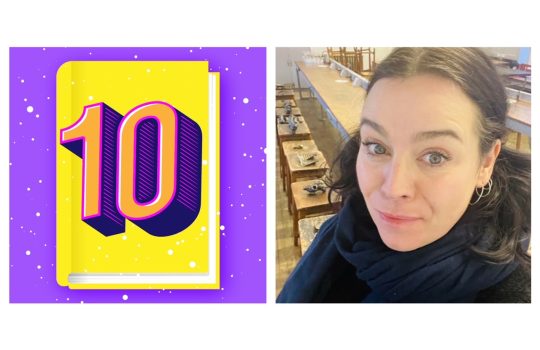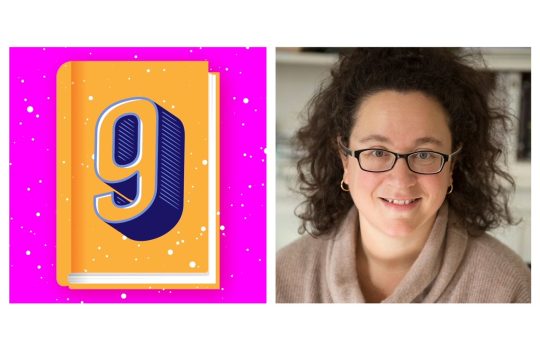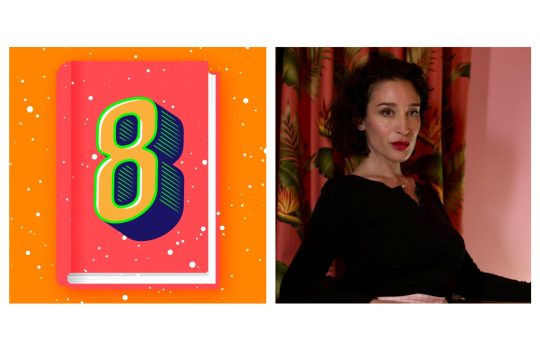Why do I have a photograph of a kitten illustrating today’s post? All will become clear. For now, we’ll call it research.
It’s been an exciting week for sales on Wendy Mitchell’s new book, What I Wish People Knew About Dementia. More on that soon.
Regular readers will know that I am Wendy’s ghostwriter, and if you missed it last week, you can read more about how we worked on her first memoir, Somebody I Used To Know (another Sunday Times Bestseller) here and here.
I promised last week I would tell you a little about the writing of this latest book, as it is slightly different, and it brings us nicely onto the subject of research.
Wendy’s first memoir was solely that — an autobiographical work of her life. The format took a little more thinking up, two narratives, a first and a second person, woven together, but both told chronologically in some way. I like writing books with this structure, I’m doing another at the moment this way too. But the other type I like to do, is the weaving together of memoir and polemic. Because we had already told Wendy’s story, I knew we needed this latest book to do something different, to weave together all the varying ways dementia affects Wendy’s life, as well as the latest academic research and also thoughts from her friends, other people who are living with the disease at varying stages.
Last week, Wendy told you that I am not a fan of research. For a journalist and writer, that might seem quite odd, but it can often feel so dry to me when I just want to get on with the business of writing. Yet, I knew that buried away in all that academic research would be plenty of little gems that would make this book a bestseller.
By her own admission, it would be very difficult for Wendy to wade through pages and pages of academic research now (and stay completely on topic), so I found the papers I thought sounded relevant, read through them, digested them and then sent Wendy half a dozen bullet points raised in them that I thought were worthy of further debate or discussion. We would then chat about them on email or what’s app and I would write that up as prose. Sometimes I sent them to her because I knew they were relevant to her life and experience, sometimes I sent them to her because I knew she would absolutely disagree with them. But what each topic did was start a conversation.
I had written a book heavy in research back in 2014 when I ghosted Hibo Wardere’s CUT: One Woman’s Fight Against FGM in Britain Today. I waded through dozens and dozens of academic papers, each taking me down another rabbit hole and then another, but there I found talking points I had not considered before, I found experts quoted who I tracked down and interviewed, I found ideas, facts and figures. I realised how fascinating research could be if it were presented to the reader in a relatable way— in the case of that book it was through the author’s personal story. That book went on to be longlisted for the Orwell Prize.
Research is not sexy. It is not passionate. But what you get from it is a deeper level of intimacy. You know your subject better — with any luck inside out.
The magic is how you take that research and embed it in voice, in story, in anecdote. The writer’s job is to edit as we go, cherry picking the best bits that will pique the reader’s interest and hold it, most importantly.
There are some books, like those I have mentioned above, where research is absolutely and wholly necessary before you even start, but we writers can sometimes get a little obsessed with how much research needs to be done before we put pen to paper. Often, this can also be known by another term: procrastination. The longer we spend on the research, the less we need to fear that blank page. I cannot tell you how much time I spent in mentoring sessions reminding writers that they need to do just that — write. Though, I should take my own advice as I’m at that stage of writing a new book also known as ‘doing anything except writing a book’. (My kitchen is very clean at the moment.)

Research is useful, sometimes essential, but it must not take away from the first job of the writer, and that’s to get the words on the page. This is particularly important when approaching a first draft, it doesn’t have to be right, it just has to be done.
I remember writing my second novel last summer, nose pushed into another book as I ‘sought inspiration’ (more likely I had done the washing up, hoovered, and just needed an excuse to keep me from the real business of writing). Suddenly, I looked up from my book, felt my own words fizzing at my fingertips. I leapt up, ready to start, and two months later I had a first draft.
Research has its place, but don’t hide behind it. As an ex-boyfriend said to me in my twenties: “You don’t need to know everything”. Mind you, he was cheating on me at the time.
I said this to my latest mentee last week, I got her to write it down, she underlined it: You don’t need to know everything.
What you do need to do, is write. I shall now take my own advice, but in the meantime here’s a cute kitten I found on Google the other day…







